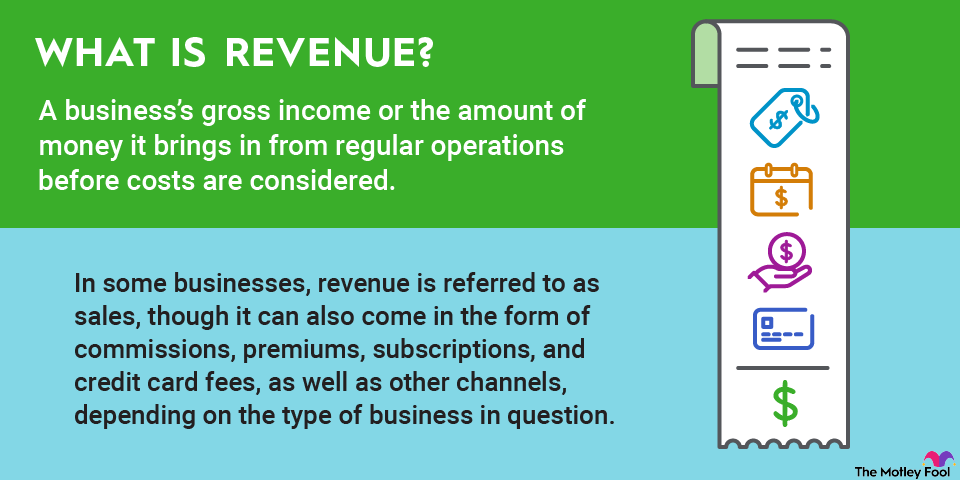As an investor, you have a lot of choices of how to invest your money.
Your choices include investing in stocks directly through a brokerage, investing in an exchange-traded fund (ETF), which does the work of diversifying for you, or investing through a vehicle like a mutual fund.
If you choose the last option, you should be aware that one potential drawback is redemption fees.

What is a redemption fee?
A redemption fee is a fee that investors have to pay when they want to sell their shares and exit a fund.
The term is also known as an exit fee, market-timing fee, or a short-term trading fee. It helps dissuade investors from selling their shares, making it less likely that the fund will see significant drawdowns in a bear market or when negative news comes out, like at the start of the COVID-19 pandemic.
How redemption fees work
Redemption fees typically cost 1% to 2% of the amount of the transaction; the Securities and Exchange Commission (SEC) limits redemption fees to 2%.
They are designed to cover administrative costs and any commissions involved in selling stocks or investments, helping the fund reinvest and grow by giving it more cash to buy stocks or other investments.
Funds like to impose them to reduce market-timing behavior and frequent trading, and to provide an incentive for long-term investments.
The mutual fund reinvests redemption fees into the fund, benefiting the remaining shareholders. If you're a long-term investor, redemption fees can be good for you since short-term investors will end up contributing more to the mutual fund.
Redemption fees can sometimes vary depending on time periods; 30 days, 90 days, 180 days, and one year are some of the most common redemption periods.
Under this system, which is known as sliding scale, the shorter the period, the less likely you are to pay a fee. For example, if a fund has a 30-day period for redemption fees, you could buy and sell without paying a redemption fee as long you held the fund for 30 days.
Some funds have flat-rate redemption fees, which means the same fee is applied, regardless of the holding period.
How can you avoid redemption fees
If you are looking to invest in mutual funds but avoid redemption fees, your best move is to find no-load mutual funds, which don't charge fees for buying and selling, though they may have other fees associated with them.
Outside of mutual funds, investors should also consider ETFs like index funds, which offer one of the simplest ways to get exposure to the stock market for a low fee.
Instead of a redemption fee, ETFs charge an expense ratio, or a fee charged annually based on the percentage of your investment. For index funds, which track stock market indexes like the S&P 500, the expense ratio can be as low as 0.03%, which is much better than paying a 2% redemption fee.
Beyond index funds, you can also choose from a wide variety of ETFs to find the right investment for you, although you might find that some ETFs have an expense ratio that is closer to 1%. If you're planning on investing for a long period of time, you may be better off paying the redemption fee at a mutual fund since that's just a one-time fee, rather than an annual fee from the expense ratio.
Related investing topics
What's an example of a redemption fee?
Vanguard has a number of mutual funds that don't charge redemption fees, but some of them do.
Its International Dividend Appreciation Index Fund Admiral Shares (VIAAX) charges a 0.25% redemption fee.
If you invested $10,000 in the fund and then withdrew the money before the relevant investment period was over, you would have to pay $25 to get your money back.
Information on redemption fees and expense ratios is generally readily available on listings for these funds. Investors should consider the impact of the fees when they're making a decision about what fund is best for them.
Although they may seem like small percentages, they add up over them, and redemption fees apply to your total investment, not just the gain.



















